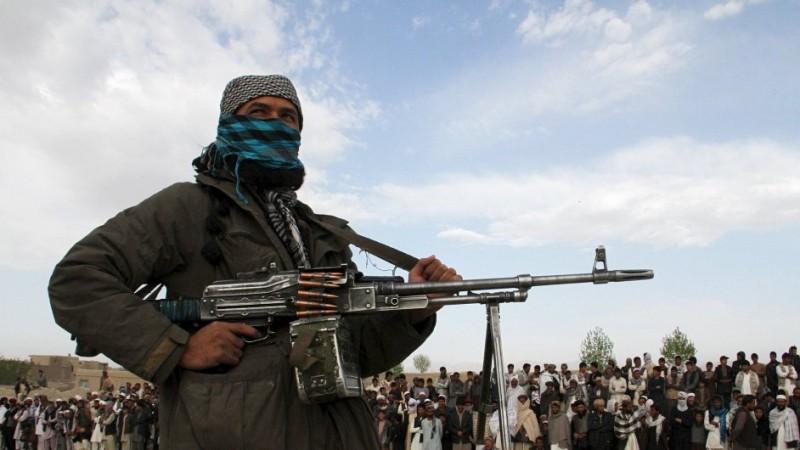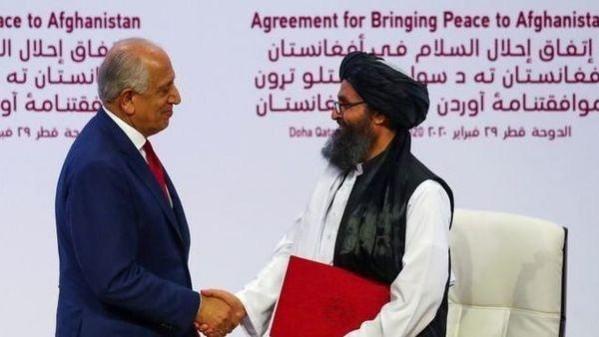In an unprecedented development, the Afghan terrorist organisation Taliban has appointed a Shiite cleric militia leader as the Taliban's governor for the Balkhab district in Sar-e-Pul province in northern Afghanistan. The announcement is seen as an attempt to win over the Hazara community just ahead of the intra-Afghan peace talks.
The development has come as a surprise for many as historically Taliban has persecuted the minority Hazaras after becoming the de facto center of power in 1996. In a video released last week, Mawlavi Mahdi, the newly-appointed governor called people for joining the Taliban to fight against "Jewish and Christian invaders", with a reference to the United States.

"Weren't you in the frontline fighting the Soviet Union alongside your Sunni brothers? Why aren't you joining your Taliban brothers in fighting this invasion, news service The National quoted Mahdi as saying. Mahdi has been responsible for conducting a number of attacks of government forces including abduction and extortion. He has also served six years in prison on these charges.
The extremist organization had infamously massacred hundreds of Hazara in Mazar-e Sharif city, the capital of Balkh in 1998. Taliban is predominantly a Sunni organization and under its rule minority population has been persecuted. As per a few news reports, 99% of Hindus and Sikhs have left war-torn Afghanistan in the last three decades.
In Afghanistan, 87% of the country's population belongs to ethnic groups, out of which Hazara constitutes 9%, Brahui 1.25%, Pashtun being a numerically and politically dominating group accounts for 42% of the total population followed by Tajik, 27% and Baloch 2%.

Move to gain legitimacy ahead of peace talks: Experts
The experts have argued that this is an attempt to gain more legitimacy ahead of the scheduled peace talks with government officials and representatives of civil society. Sabir Ibrahimi, an Afghan security analyst and research associate at New York University's Centre on International Co-operation said, "The Taliban has never been an inclusive force; their leadership in Quetta and Peshawar and their political office in Doha are run by Sunni Pashtuns. They have had token Tajik commanders in the field, particularly in the north, but now they are trying to include some token Shia Hazaras in the mix."














